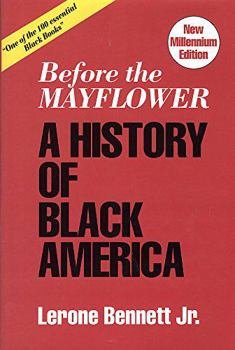Lost History, Forgotten History
“The Story of the Negro Retold” written by Dr. Carter G. Woodson and Charles H. Wesley
African American History can disappear if we are not careful. Several years ago, I found a book that was about to be thrown away. The title of it is “The Story of the Negro Retold” written by Dr. Carter G. Woodson and Charles H. Wesley. It is sad that some people place so little value on history. This is a valuable book. It presents some interesting history about African Americans. The original copyright date of the book is 1935. It begins with facts about Africa and the slave trade. Other chapters include: The American Revolution and the Negro, Contributions of Blacks in the Civil War, and achievements in Science, Education, Literature, Arts, and Religion.
The authors note that it is important to do research because most of the information about African history comes from missionaries, travelers, and others who may not be reliable sources. Research is required to reveal the true facts of history. It requires much energy and patience. It often takes a great deal of time. The research involved often takes the individual to ancient books, old newspapers and magazines. Visits to museums and libraries are necessary. The researcher must take copious notes. The major goal should be always to find the truth of history.
The last chapter of this book includes the following statement: “History is the witness of the times, the torch of truth, the life of memory, the teacher of life, and the messenger of antiquity. It is the depository of great actions.” The authors also note that in ancient days when men had less race hate than we find today, the earliest historians recorded the achievements of all nations regardless of race or color. As kingdoms and empires developed around powerful dynasties and as they grew, they became entrenched with bias and prejudice toward people of color.
I have discovered another book on African American history that I did not know about. It was surprising because William Wells Brown was the author. Brown was a well- known abolitionist who lived in Buffalo at the site of the First Shiloh Baptist Church on Pine Street. He worked on the steamers along the Erie Canal and was responsible for helping fugitive slaves to freedom. He was also known as being the first novelist in America. However, he was a historian who recorded a great deal of Black history. He wrote a book about the contributions of Blacks in the American Revolution
“The Narrative of William W. Brown: A Fugitive Slave” by William W. Brown
This Columnist can testify to many of the ideas expressed in these books. It is unfortunate that much of the information included in them will not be available to many people. Lost books become lost history. Another book I was able to rescue was entitled: “Before the Mayflower: A History of the Negro in America, 1619-1962.” It was written by the esteemed historian Dr. Lerone Bennett, Jr. Despite writing history for more than 44 years, this Columnist continues to discover new material about African Americans. African American History is vast and never ending and because of this my motto has always been that “Learning is a Lifelong Process.”
“Before the Mayflower: A History of Black America” by Lerone Bennett Jr.




